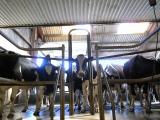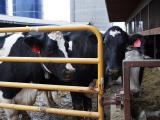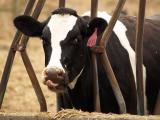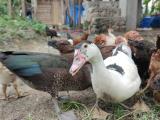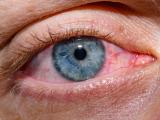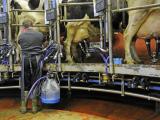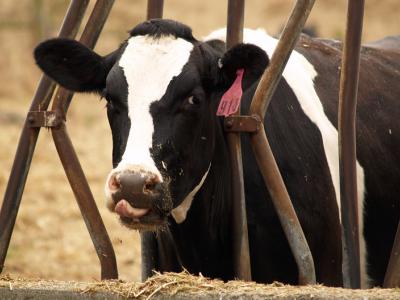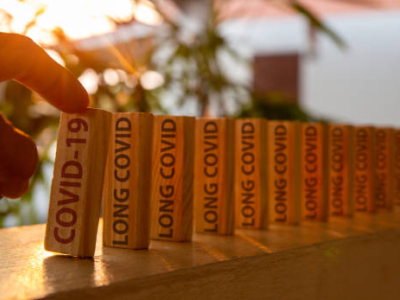Nov 11, 2004 (CIDRAP News) – The outbreak of H5N1 avian influenza in Asia gives the world its first opportunity to prepare a vaccine in advance for a potential pandemic strain of flu, the World Health Organization (WHO) said today as it convened a meeting of vaccine companies and health officials to consider the challenge.
Representatives of vaccine manufacturers and government officials from the manufacturers' countries are meeting at WHO headquarters in Geneva, Switzerland, to discuss how to develop vaccines for pandemic flu.
"The current outbreak of H5N1 is a stark warning that conditions are highly favourable for the emergence of a pandemic virus," the WHO said in a statement on its Web site. "For the first time in history, there is a window of opportunity to consider using a pandemic vaccine in humans at a time when a virus with significant pandemic potential is circulating in large parts of Asia."
The H5N1 strain of avian flu has infected at least 44 people in Asia this year and has killed 32. The virus has not been known to spread from person to person, but experts fear that it could acquire this ability through mutation, potentially leading to a pandemic.
The WHO noted that vaccines have never been available during past pandemics, including the last two, in 1957 and 1968, when annual vaccination programs for ordinary flu were fully established. Past pandemic strains were not discovered until they began spreading internationally, the agency said. The viruses spread worldwide in 6 to 8 months, far too short a time to develop and distribute a vaccine.
A few companies have begun to develop vaccines for potential pandemic viruses, the WHO said. "However, production capacity for a pandemic vaccine will be vastly inadequate unless other companies engage in vaccine seed development and preparation of batches for clinical testing," the agency said.
The statement said vaccine makers face two major challenges: finding the optimal formulation for a pandemic vaccine through clinical trials, and registering their vaccine with their national drug licensing agency.
"Such registration, done with a 'template' influenza subtype which will eventually be replaced by the strain actually causing the epidemic, is a condition which every manufacturer must fulfill to produce pandemic vaccine, regardless of when the next pandemic occurs and which strain causes it," the WHO said.
In the United States, Aventis Pasteur Inc. and Chiron Corp. each won a government contract last May to produce 8,000 to 10,000 doses of an H5N1 vaccine based on virus isolated from a Vietnamese patient. The National Institute of Allergy and Infectious Diseases said it would use the vaccines in clinical trials.
In September, the Department of Health and Human Services (HHS) awarded a contract to Aventis Pasteur to make 2 million doses of its H5N1 vaccine for about $13 million. HHS officials then said clinical trials would start late this year or early next year.
See also:
WHO statement about Geneva meeting
http://www.who.int/csr/disease/influenza/meeting2004_11_08/en/
Sep 21, 2004, CIDRAP News story "HHS awards contract for H5N1 avian flu vaccine"
May 28, 2004, CIDRAP News story, "NIAID seeks vaccines for H5N1 avian flu"

